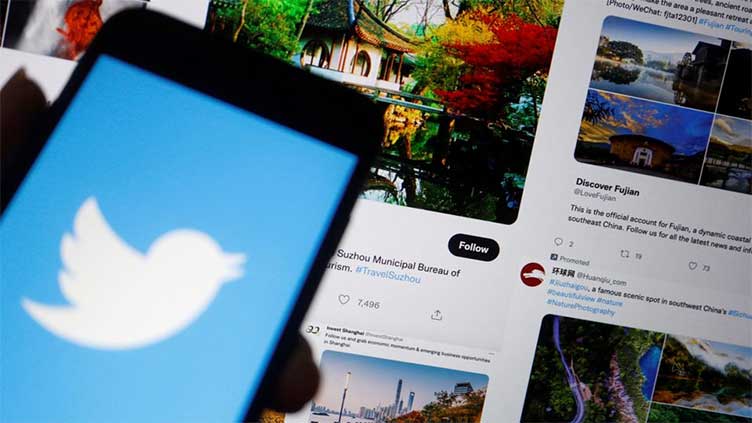From block to blue ticks: How China became big business for Twitter

Technology
From block to blue ticks: How China became big business for Twitter
SINGAPORE/BEIJING, (Reuters) - Even as China bars 1.4 billion citizens from Twitter, its local authorities are splurging on global advertising on the site, helping make the country the platform’s fastest-growing overseas ad market and one of its largest non-U.S. revenue sources.
A Reuters review of publicly available government tenders, budget documents and promoted tweets from 2020 to 2022 shows local authorities and Chinese Communist Party propaganda offices for cities, provinces and even districts across the country have flocked to Twitter to buy ads.
The promotions, often outsourced by local governments to state media, pitched local attractions, as well as cultural and economic achievements, to an international audience, and were permitted under an exemption to Twitter’s ban on state-media advertising.
The review shows for the first time just how important China has become for Twitter, under pressure from investors to meet growth targets as its U.S. business stalls. It comes with the company embroiled in a legal battle with Tesla (TSLA.O) Chief Executive Elon Musk, who is attempting to back out of his unsolicited $44 billion offer to buy Twitter.
Four sources told Reuters operations in China became a source of internal clashes between teams keen to maximise the sales opportunity and others concerned at the optics of doing business with state-affiliated entities at a time of growing tension between Beijing and Washington.
Twitter’s dealings in China may come to the fore on Tuesday when the U.S. Senate Judiciary committee holds a hearing to consider a whistleblower complaint filed by Twitter’s former security chief Peiter Zatko.
Among other claims, the 84-page complaint alleges "Twitter executives knew that accepting Chinese money risked endangering users in China," and that "Mr Zatko was told that Twitter was too dependent upon the revenue stream at this point to do anything other than attempt to increase it." Reuters could not independently verify the claims.
Twitter denies the accusations.�

